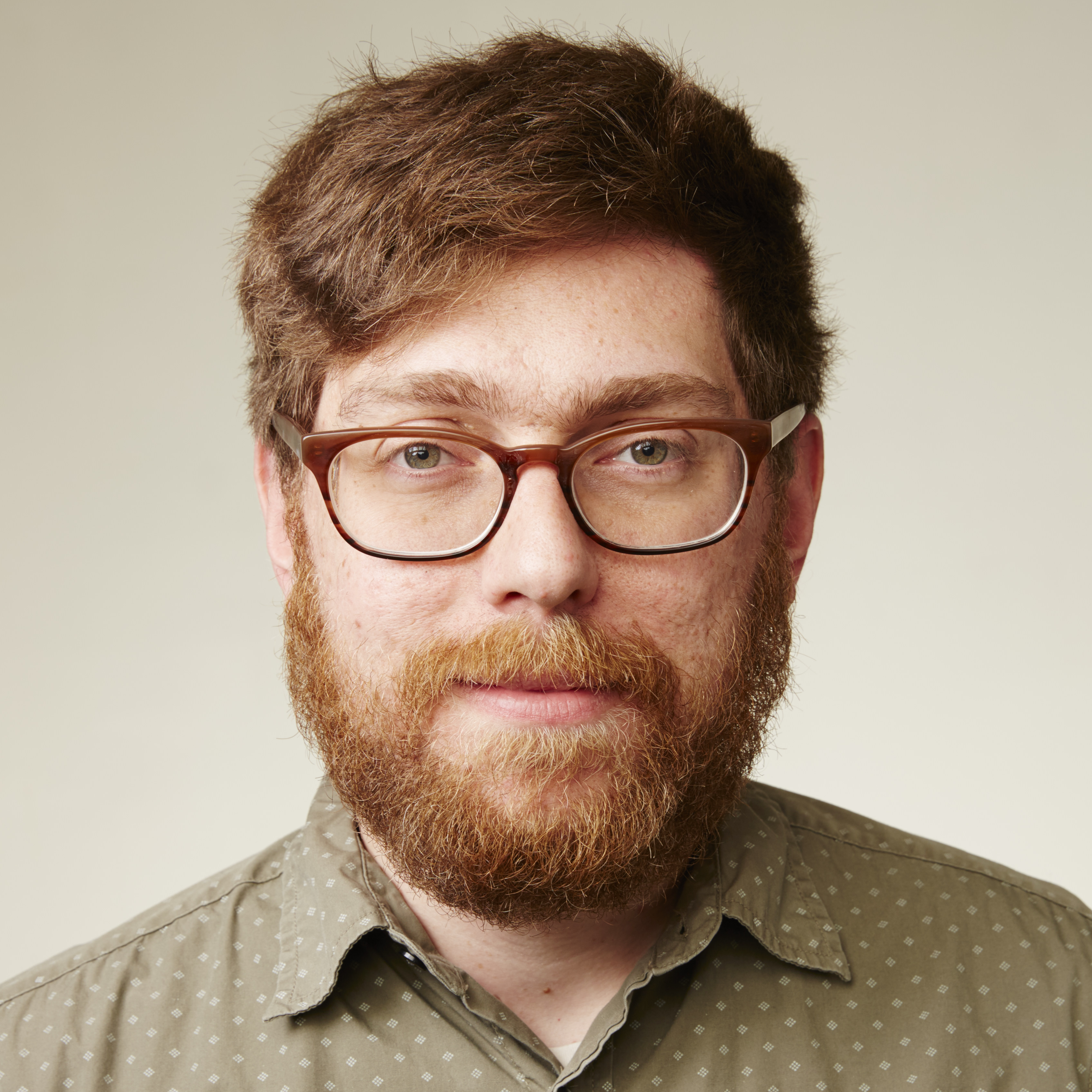
Part of the work of Audacious Hospitality is focused outward – seeking to include and integrate identities and experiences that are underrepresented in our congregations, communities, and camps. Audacious Hospitality also is about working to make those who are already in our communities feel more included, “seen,” and understood.
The URJ’s Belin Awards are designed to encourage and honor congregations of all sizes that have developed uniquely innovative and effective audacious hospitality programs. Among the 2017 Belin Awards winners are two communities that stand out for their commitment to support, destigmatize, and embrace people already in the community.
Congregation Rodef Sholom in San Rafael, CA, through its REAL Mental Health Initiative, acknowledges and reevaluates the stigma of mental illness, while Temple Israel of Detroit in West Bloomfield, MI, developed transgender support groups to create a web of safety, warmth, and understanding for transgender teens and their families. It is important to note that it is vital for our community to address issues that affect both populations, but that transgender identity is not an issue of mental health or illness, although some people – historically and today – mislabel it as such. Furthermore, stigmatizing mental illness and those who are affected by it is neither helpful nor useful.
These successful programs offer useful insights to help other communities discover how they, too, can creatively support current members.
1. Creating transformative opportunities for growth as a community is always possible and both resource-rich and more modest programs have value.
The REAL Mental Health initiative, generously funded by the Laszlo N. Tauber Family Foundation, is an example of putting substantial resources to work across a broad swath of programmatic need. The initiative includes eight different areas of focus. Among them are a three-part speaker series, a parent support network, classroom “share time” for religious school students, and a teen program that seeks to support the work of the initiative without drawing direct attention to mental illness. There is little doubt that the program has, indeed, reduced stigma about mental illness within the community.
Programs with more modest means can be equally successful. Identifying a gap in Temple Israel’s support networks for the families of transgender teens spurred the congregation to create a transgender support group facilitated by a clinical psychologist and a parental advocate. Although this program is not as comprehensive in terms of breadth as Congregation Rodef Sholom’s mental health initiative, it is thorough in terms of the connection, love, and unconditional support it generates for the families and children involved. To date, at least 25 teens and 40 parents have used some facet of the support group.
2: Building programs such as these requires compassion and courage.
Although our society and our culture are making great strides to destigmatize mental health struggles and create opportunities for unconditional acceptance of transgender people, the work is far from complete. The initiatives undertaken by Congregation Rodef Sholom and Temple Israel are not only worthy programs on their own, but also demonstrate that the Reform Movement is leading the way forward around these and other critical issues of the day.
Have something to say about this post? Join the conversation in The Tent, the social network for congregational leaders of the Reform Movement. You can also tweet us or tell us how you feel on Facebook.
Related Posts

Setting Your Leaders Up For Success

Safety, Equity, and Accountability is the Path to a Thriving Jewish Community

